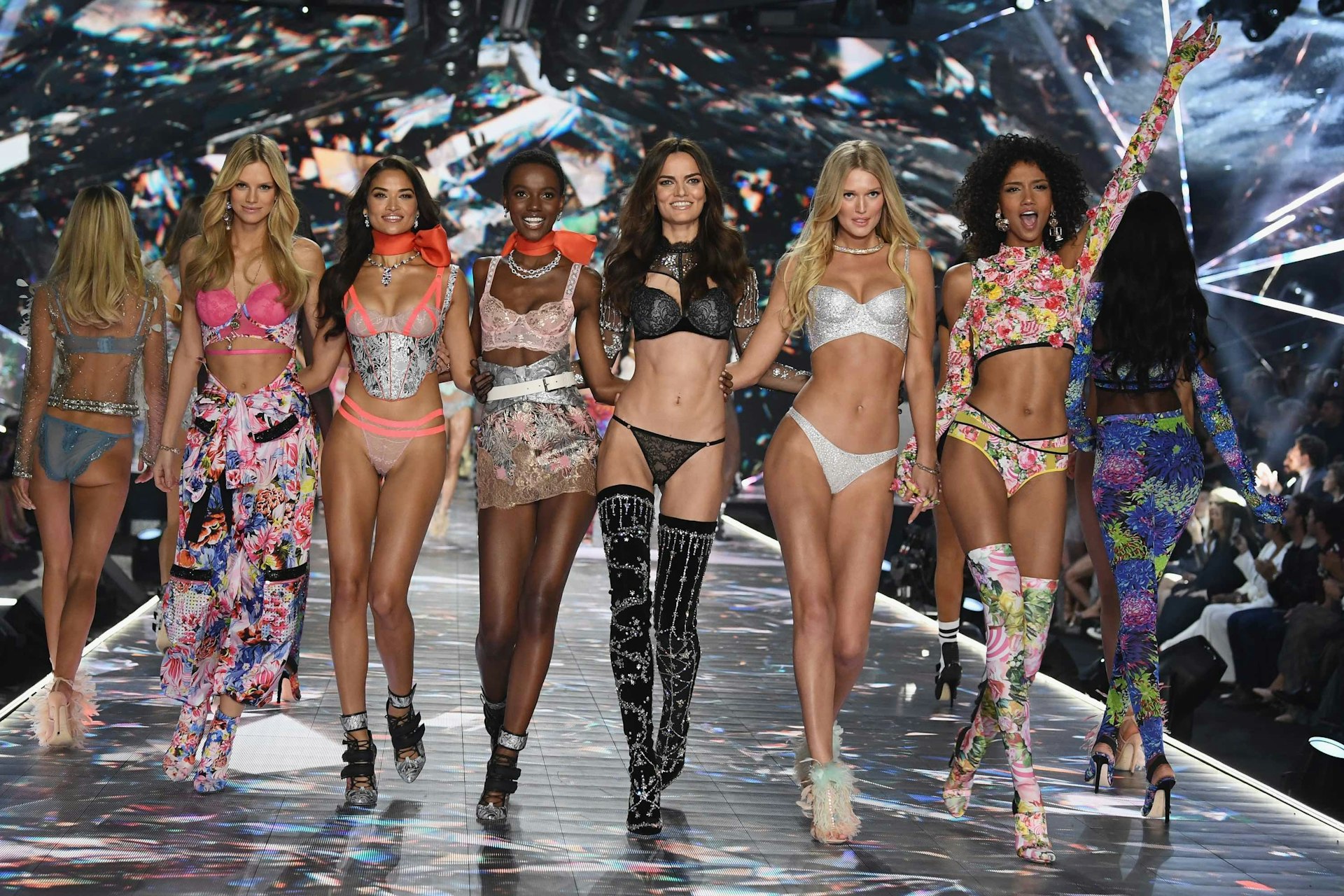- Text by Hannah Clugston
- Photography by Boiler Room
When director Jessica Kelly told a friend she was making a short documentary about the music scene in Palestine, he expressed surprise, commenting that he knew nothing about the nightlife culture there, only the headline hitting conflict.
It’s hardly a surprising comment, as Palestine is usually only referenced in the media when conflict with Israel has reached fever pitch. It is something Palestinians are well aware of, as DJ Ayed notes in Kelly’s film: “Israel is not really interested that tourists see that there is life in Ramallah (West Bank) – they want them to think from far away that it’s a dangerous zone and terrorists who live inside.”
On taking the trip “inside”, though, Kelly found a burgeoning music scene bursting with talented artists tackling injustice with words and uniting Palestinians across Israel. The resulting short, Palestine Underground, is produced by Boiler Room and captures the parties and politics that plague this blossoming creative industry. Kelly meets DJs, producers, rappers and collectives, uncovering the obstacles they have to overcome in order to continue to create and perform.
In the opening of the film, producer and DJ Oddz travels to perform at Palestinian nightclub Anna LouLou in Jaffa. Electronic beats resonate through the air, and the crowd are cast in a low green light as they punch their fists and dance with abandon. Kelly notes: “I wouldn’t notice the difference between going out with these people and going out with people in London.” But this isn’t London because, in order to get to Anna LouLou, Oddz embarks on a terrifying climb over the border wall between the West Bank and Israel, nearly breaking his leg in the process.
This treacherous border climb is necessary because of the Israeli controlled territories that restrict the movement of the Palestinians. “We are in a small prison” explains Oddz. Palestine as a place doesn’t appear on a map, but there are two border-controlled areas where Palestinians primarily live: Gaza with a population of 1.9 million and West Bank with 2.5 million. Additionally, 1.8 million Palestinians actually live in modern-day Israel with Israeli passports.
With their community and culture scattered across disparate areas, the music becomes even more integral to survival. “There is a lot of depression and mental health issues when you’re living under so many restrictions,” Kelly says. “Making the music is something that gives purpose and creates a feeling of being together and that’s not a choice, it’s something they have to do.”
Music is a way of reaching across borders and maintaining their collective identity, Riyad from collective Jazar Crew refers to the process as “therapy for an identity crisis.” Kelly adds: “Beatmaker and producer Muqata’a samples old Arabic tracks because it’s a way of fighting back against the erosion of Palestinian culture. The more you divide Palestinians, the less culture spreads and I think that this music is a unifying thing and it is really good in terms of making sure culture doesn’t disappear.”
A sure-fire way to guarantee that Palestinian culture doesn’t vanish is to spread their music far and wide. Palestine Underground will go some way to exposing this flourishing party scene but Kelly would recommend a trip out there. “It would open your eyes. One of the things the artists really hate is that people don’t visit the West Bank because it’s discouraged by the Israeli’s – there’s even a sign on the border that says: ‘you are entering this territory and it may be dangerous to your life.’ But I would encourage people to go and see for themselves.”
Watch Palestine Underground in full above.
Follow Hannah Clugston on Twitter.
Enjoyed this article? Like Huck on Facebook or follow us on Twitter.
